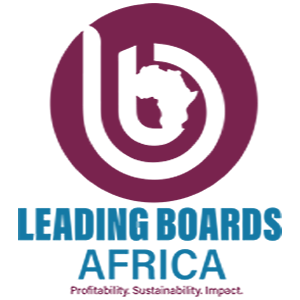
Have you recently been asked to join the board of directors for a voluntary, community-based organization? Are you a veteran board member who would like to increase your contribution to the organization(s) you serve?
Serving on a board of directors can be a rewarding experience for individuals who contribute their time and talents to governing a non-profit organization. It is a great opportunity to learn from other professionals and develop leadership skills that will be valuable for years to come, while at the same time giving something back to your community.
Here are ten tips for becoming a more effective board member.
- Get to know the organization Familiarize yourself with organization before you join the board. This involves reviewing the organization’s mission statement, operations, financial status, board structure and liability insurance. Documents that will help you include annual reports, the most recent audited financial statements, a list of current board members, brochures and articles about the organization, and a biography of the CEO or Executive Director. A board manual should be provided to you that will detail this information.
- Know your responsibilities as a board member Volunteer boards are ultimately responsible for what happens in the organization. This should not deter you from becoming involved however, you should be aware of your legal responsibilities. More information on the legal responsibilities of board members…
- Avoid a conflict of interest A board member should always act in good faith and avoid any conflict of interest with the organization. If you have any vested interest in a contract with the organization, or a contract exists in which you stand to gain personally or professionally – that is a conflict of interest. You must disclose all information and abstain from the discussion or vote on the issue.
- Support the board’s final choicesSupport the board’s final choice even if you voted ‘no’ on an issue. This does not mean you have to “pretend to agree”, but you must support the authority of the process and the final decision. Once a decision is made, the board speaks with one voice.
- Maintain confidentiality Keep sensitive information within the boardroom setting. Do not divulge sensitive information to anyone including family members, friends and colleagues.
- Don’t be a board hopper!Sitting on too many boards may result in your not having enough time to effectively commit to any of them! Be fair about the time and commitment you are able to give to an organization that nominates you to their board.
- Be open-mindedDo not obsess on a single issue and be open minded about other opinions on an issue.
- Learn how to read financial statementsTake the opportunity to read the financial statements of the organization. You may not be an accountant but it is important to have some level of understanding of the financial statements that may be presented to you.
- Be prepared to participate in board meetingsThis involves reading your board packets beforehand and reviewing minutes of the last meeting.
- Take advantage of training and development opportunitiesTake advantage of education and training development opportunities offered by the organization. This will increase your skills and quality of service to the board which you represent.
Sources
Carver and Carver. Your Roles and Responsibilities as a Board Member, Jossey-Bass Inc. New York: 1996
Building Effective Non-profit Boards, Building Effective Nonprofit Boards, www.boardsource.org
Flickinger, Ted. How Not to Be an Effective Board Member, Across the Board: Illinois Parks and Recreation: 1994. http://www.lib.niu.edu/1994/ip940506.html



